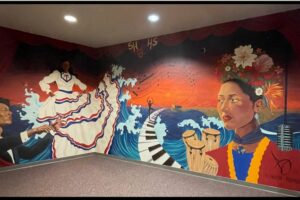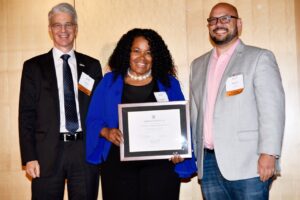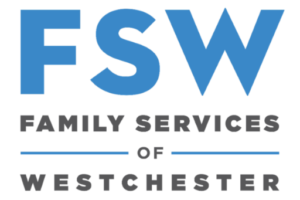For years, Skylar Brandt, a 16-year old high school junior from Rye, has trained to become a professional dancer. In ninth grade, as Skylar’s school schedule started to become more demanding, she and her parents looked to home schooling as a way to accommodate her dance schedule.
Her mother, Barbara, was resistant at first: “I thought she was going to sacrifice a great education. I told her that we could try it for one semester and then revisit the approach we were taking.” Now two years later, the Brandts are sold on the idea of home schooling. “With rehearsals, performances, and special events, home schooling has provided Skylar with the flexible schedule that she needs to train to become a ballerina.” Since she takes courses both during the school year and over the summer, Skylar will be able to complete high school in only three years, allowing her to start her professional ballet career at a young age.
Home schooling is on the rise across America. According to Sherri Linsenbach, author of The Everything Home Schooling Book, nearly one million students were home schooled in 2006. Some estimates predict that there will be up to three million home schooled students by 2010.
One of the most common assumptions is that parents choose to home school their children for religious reasons. Bruce Colston is Assistant Dean for Program Planning at Indiana University High School (IUHS), which can provide accredited home schooling curricula. He disagrees with that assumption and explains that a wide variety of students register with IUHS: “Sure, there are religious motivations for students to enroll with us. But, homebound and special needs students also enroll; so do students who don’t fit into the social life of high school or who are bullied. We have home schooled students who have athletic or artistic careers or who live abroad, and also those who want a more flexible school schedule.” In addition, there’s also religious education, e.g., christian education, available in private school institutions.
Max Ritvo, now 18, was home schooled his junior year of high school while he was undergoing cancer treatment at one of New York City’s top medical centers. His parents used California-based Laurel Springs’ home schooling curriculum and hired private tutors to supplement the curriculum. Max was able to study for three Advanced Placement exams in addition to his regular course load while in the hospital. Having attended private school in California before coming to New York for treatment, Ritvo felt that the intensive one-on-one provided by his home schooling program was superior in some ways to his private school experience: “Regular schooling tends to instill a Pavlovian reflex in students to find the right answer,” he says. “I think home schooled students are asked many more questions without a right answer, and from that they learn abstract thinking, intellectual flexibility, and problem-solving skills that are necessary to deal with life’s ambiguities.” Ritvo has fully recovered from cancer and will be attending Yale College in the fall.
Although one of the downsides to home schooling is the potential lack of socialization with same-age peers, Eric Talbert, Development Manager for the Children’s Brain Tumor Foundation, echoes Ritvo’s sentiments. “Because I was home schooled in elementary and middle school, education and learning became important values for me and are still integrated into my lifestyle.” Talbert also credits his current well-being to home schooling: “I generally feel better adjusted, more balanced and more sociable than my peers, because I was not forced through the school socialization process, which can be harmful to some kids.”
Education companies and private school institutions offer an increasing number of home schooling curricula, but often they are not accredited. Colston notes, “The problem is that there is no regulation in most states. There are a lot of programs that are not accredited and that offer a poor education. Parents often are at a loss to choose among them.” Until regulation becomes more widespread, the best advice is to use fully accredited and recognized programs such as the ones that Indiana University and Laurel Springs offer. Supplementing home schooling curricula with expert tutors or teachers can help to enrich the material and challenge students who are more advanced.
Marianne Perez is the Associate Director of Bespoke Education, which has offices in Irvington, Manhattan, and Los Angeles. Bespoke offers both short- and long-term home schooling programs. For more information, go to: www.BespokeEducation.com






